Reclaiming Home: The Magnetic Pull of Grenada Real Estate and Grenada Citizenship
For Grenadians living abroad, our island home is always in our hearts. The scent of nutmeg drifting on a warm breeze, the turquoise sparkle of Grand Anse, the taste of cocoa drink on a quiet morning - these aren’t just memories; they are part of who we are. Over time, the desire to return often shapes into wanting to plant roots again in the homeland.
Owning property in Grenada is about much more than square footage or investment returns. It’s about preserving your link to the island, ensuring your children and grandchildren have a place to call home, and creating a base that welcomes you every time you return. Developments like Hillview Grenada make this dream both practical and beautiful - offering a prime location, breathtaking views, and the option for rental income, so your home works for you even when you are away.

No matter how far we travel or how long we have been away, Grenada calls us back. Our connections to home are different; for some, it’s the colours, the rhythms, and the energy of the island, for others, it’s the quiet of a Sunday morning with church bells in the distance.
For Grenadians abroad, these moments carry more than nostalgia – they are reminders of who we are, a deep cultural and emotional connection with our roots. And for many, that reminder comes with a decision: not just to visit, but to reclaim a piece of home for ourselves and our families.
The Emotional Pull of Owning Property in Grenada
Grenadians living abroad often carry two worlds in their hearts - one is for building a life in another country, and the other is a hopeful notion of home. While we build lives in other countries, the thought of home never fades. Owning property in Grenada is a way to bridge those worlds in so many ways:
- Preserving Heritage: A home becomes a family anchor, a place for future generations to return to and reclaim their roots.
- Personal Retreat: It offers the freedom to come back whenever you wish, staying in a space that feels entirely yours.
- Retirement Ready: For those planning to return full-time, owning property now means having a home ready when the time comes.
- Smart Investment: With the Grenada real estate and tourism markets growing steadily, the right property can offer both personal and financial rewards.

A Home That Works for You – Grenada Property Ownership and Rental Income
Many in the diaspora can’t live in Grenada year-round, which makes the idea of property ownership more complex. That’s why developments with integrated rental programmes are so appealing. You can have a home that earns income while you are abroad and is perfectly maintained for your return.
Hillview Grenada – Your Slice of the Spice Island
In early 2025, the Hillview development secured a coveted site atop the southern tip of Grand Anse Beach - consistently ranked among the world’s most beautiful coastlines. Just a 10-minute drive from St. George’s and Maurice Bishop International Airport, it blends exceptional accessibility with a sense of seclusion.

Why It Resonates: Key Benefits
The project is an intimate community of 5 luxury villas and 16 stylish apartments spread across 9 buildings. Each residence has sweeping views of Grand Anse Beach, the Caribbean Sea, and St. George’s postcard-perfect skyline.
· Emotional Connection – A retreat that feels like home; a sanctuary to feel grounded and to belong.
· Strategic Location – Combines the tranquillity of hillside living with quick access to international travel and urban conveniences.
· Luxury & Privacy – Boutique residences designed for refined living, offering seclusion without isolation.
· Income Potential – Opportunity to generate rental income through Grenada’s thriving tourism sector while enjoying personal use.
· Architectural Integrity – Merges visionary contemporary design with the Caribbean cultural authenticity and natural harmony.
· Potential gateway to Grenada citizenship - Investing in select Grenada real estate can qualify buyers for Grenada citizenship through the Citizenship by Investment Programme.
Final Thoughts

In some cases, investing in Grenada Real Estate can also open the door to Grenada citizenship. For those who may have lost their citizenship over generations, it’s a way to make the connection official again.
Owning a home in Grenada is about more than property - it’s about belonging and knowing that whenever you return, there’s a place waiting that is truly yours.
For Grenadians abroad, opportunities like Hillview Grenada make it easier to balance the emotional pull of home with the practicalities of modern life. It’s a way to keep your story—and your family’s story—rooted in the Spice Island.
FAQs
What makes Grenada so unique?
Grenada’s charm lies in its authenticity and the welcoming warmth of its people. The culture blends African, European, and Caribbean influences into something entirely its own, from our music to our cuisine. And then there’s the pride of our people—seen in our Olympic champions Kirani James and Anderson Peters, whose victories are celebrated from village to village. Known worldwide as The Island of Spice, it’s a place where nutmeg, cinnamon, clove, and ginger are grown widely, and its cocoa farms produce some of the richest chocolate you’ll ever taste—crafted right here on the island. This natural beauty and cultural richness also make it one of the most attractive destinations for property investment and citizenship through Grenada’s CBI programme.
How easy is it to get to Grenada from overseas?
Maurice Bishop International Airport has daily flights from New York and Miami, frequent connections from Toronto, Montreal, and London, and weekly routes from Atlanta and Charlotte. Seasonal flights from Germany and other European hubs mean even a trip from further afield can be straightforward. You can finish work one day and walk on Grand Anse Beach the next.
What experiences make owning a home in Grenada so special?
It’s the difference between visiting and belonging. Owning here means waking up to the sound of the sea, eating breakfast with fresh fruit picked that morning, and spending afternoons exploring the hills or chatting with neighbours. It means being part of the island’s celebrations and traditions, not just observing them. You can dive into coral gardens, hike to waterfalls, or simply sit on your porch and watch the world slow down.
What is the appeal of Grand Anse?
Grand Anse Beach is the heart of Grenada’s coastal life. Two miles of powdery white sand meet calm, turquoise waters. From its shore, you can see the colourful sweep of St. George’s rising on the hillside. It’s central, safe, and full of life, yet still peaceful enough to feel like your own escape. Homes here, like those at Hillview, carry not just beauty, but lasting desirability in the Grenada Real Estate market.
Can my property generate income while I’m away?
Yes. Many developments in sought-after areas offer managed rental programmes, so you can earn income without the stress of managing the property yourself. It means your home is cared for and productive, even when you’re not on the island.
What activities can I do in Grenada when I come back?
The list is endless. Explore spice plantations and taste cocoa straight from the pod. Visit the world’s first Underwater Sculpture Park, a surreal blend of art and marine life. Hike through the Grand Etang rainforest to hidden waterfalls. Join a village fête, and enjoy the food and music. Or simply take a slow walk along the beach at sunset—sometimes, the simplest pleasures are the most powerful.
How does owning in Grenada connect to family and heritage?
A home here is more than a property—it’s a legacy. It becomes the place where cousins meet during the holidays, where children form their everlasting memories, and where family stories are told over dinner. For Grenadians abroad, it’s a way to ensure the next generation knows the island not just through stories, but through their own lived experiences.
How does buying property in Grenada lead to citizenship?
When you purchase a qualifying property in Grenada, you may be eligible for Grenada citizenship through the Citizenship by Investment Programme. This process allows you to secure a second passport, gain visa-free access to over 140 destinations, and enjoy the benefits of living or investing in a tax-friendly Caribbean nation.




.svg)





.png)
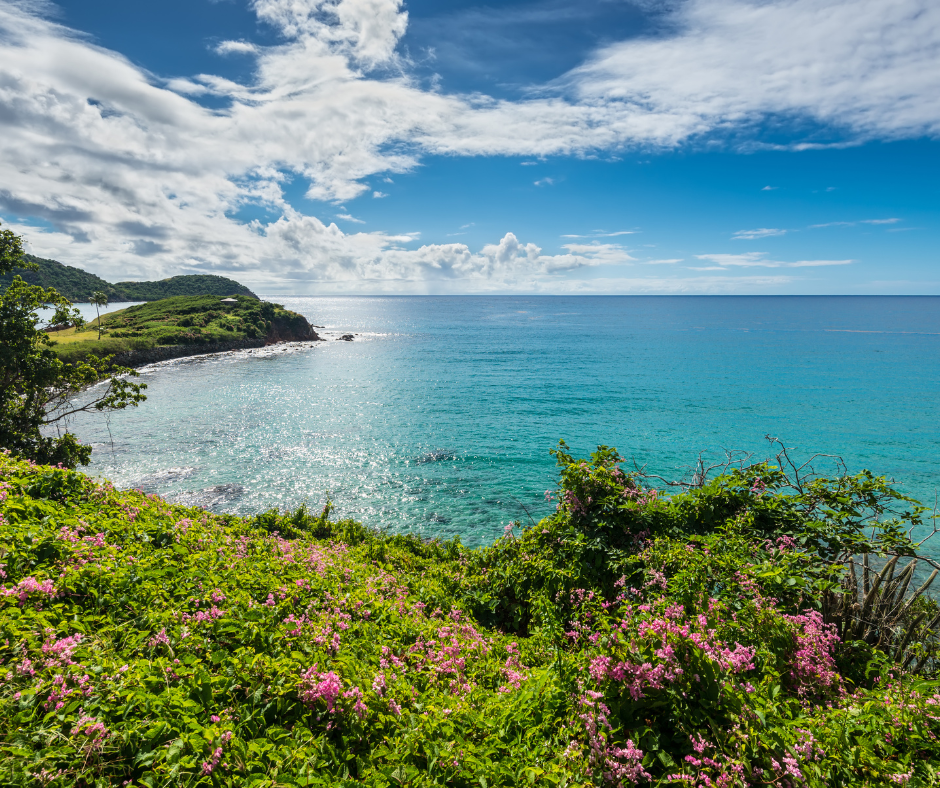
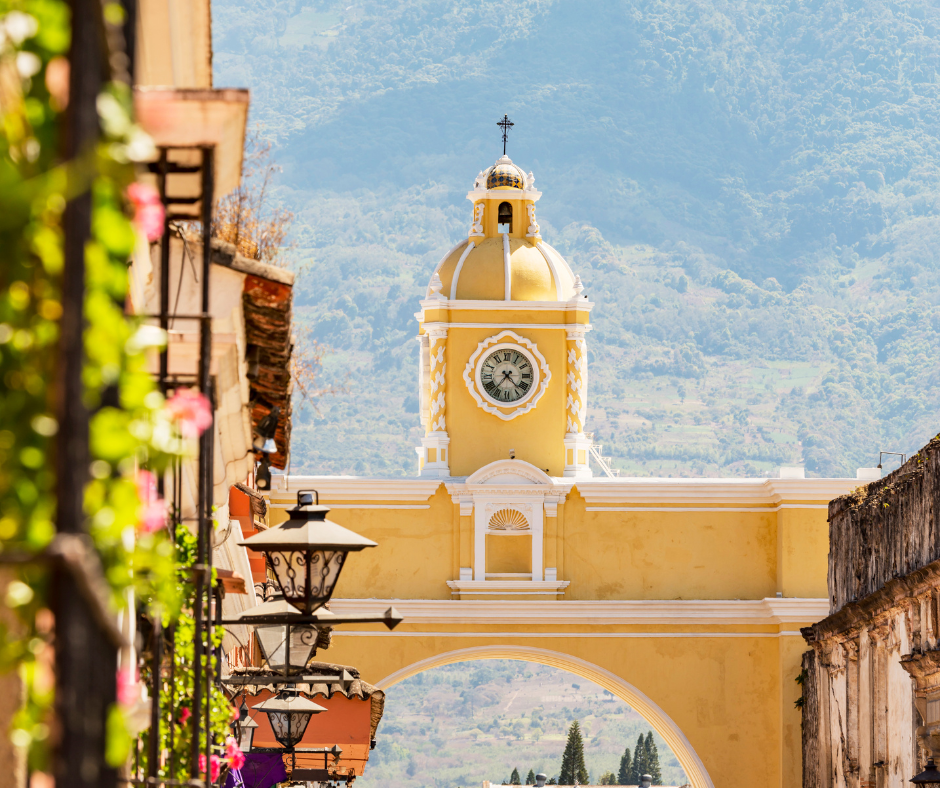
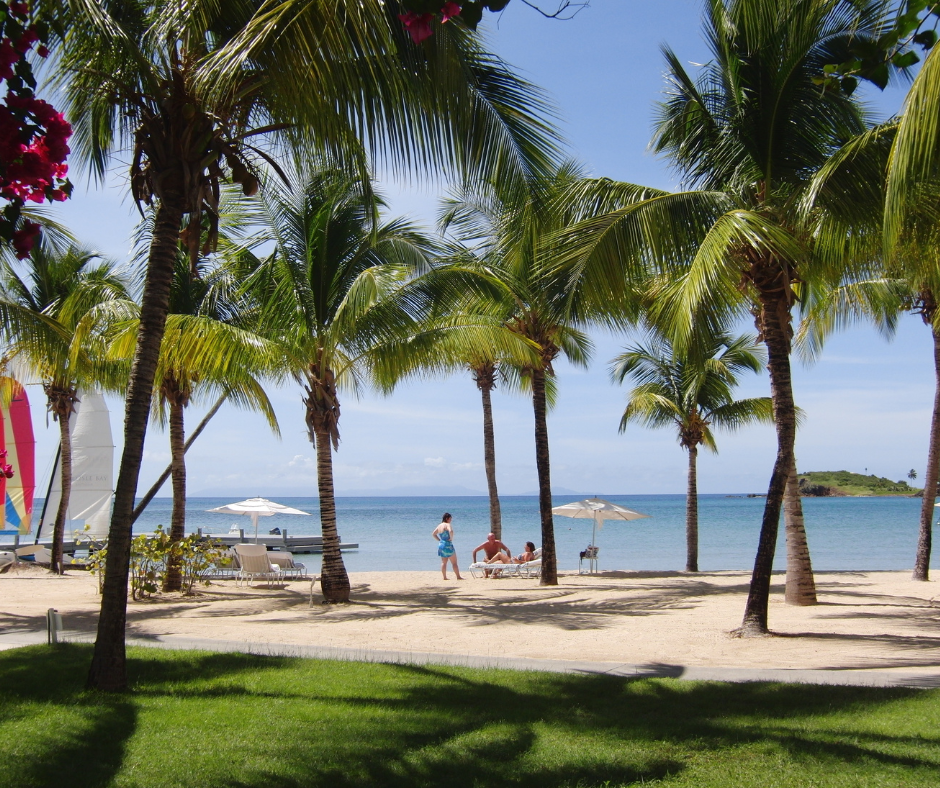
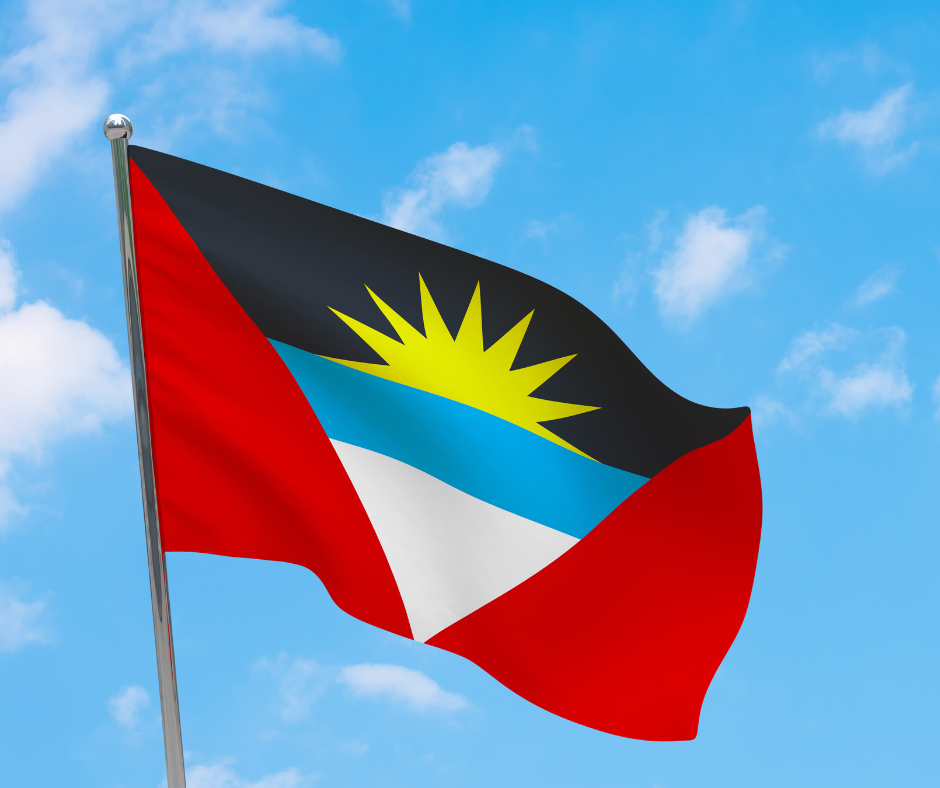
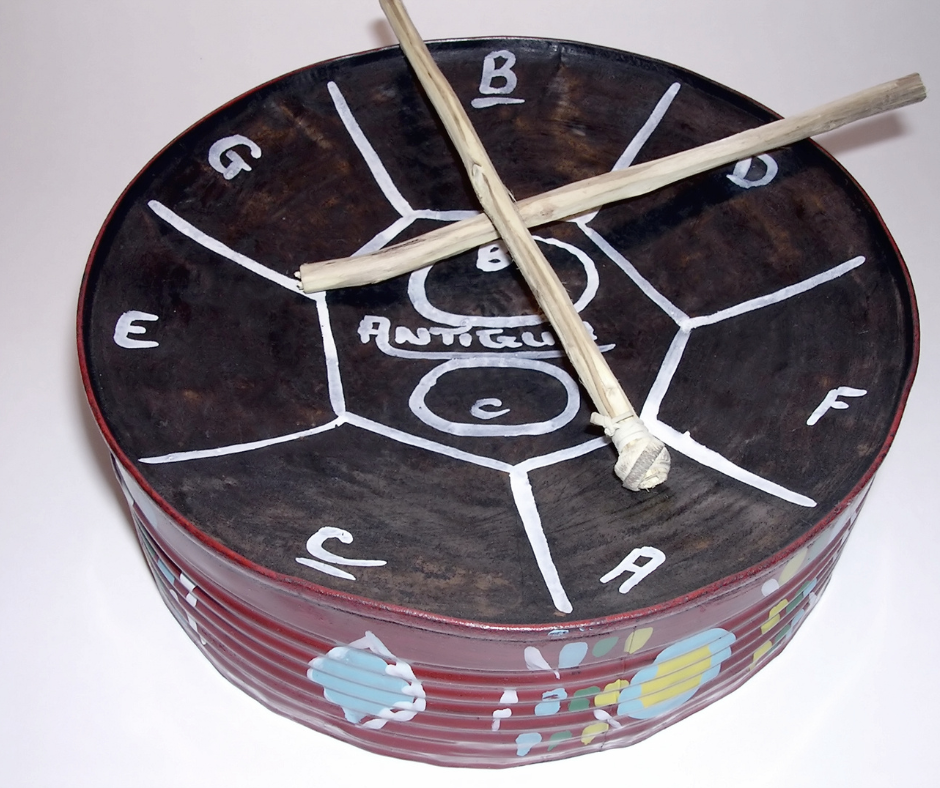
.png)
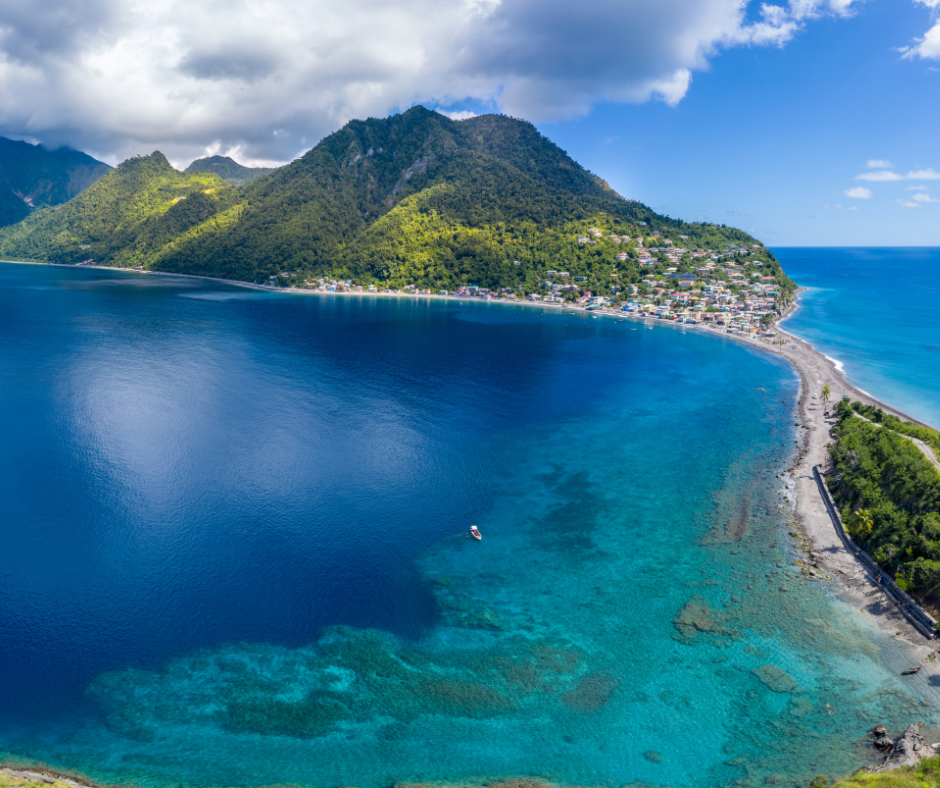
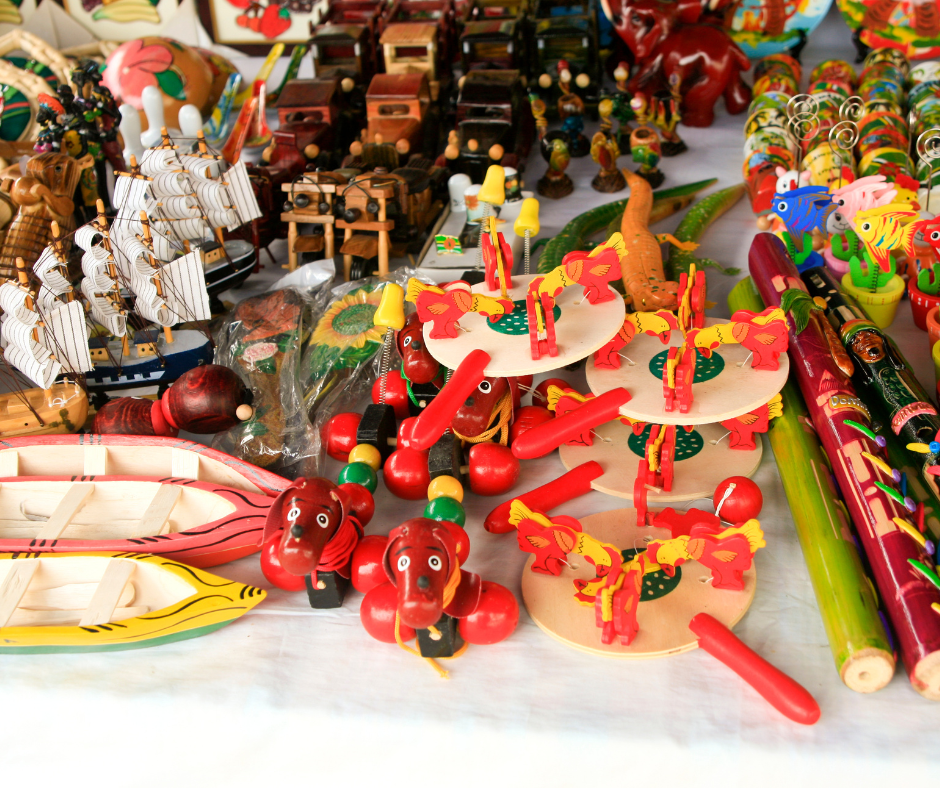
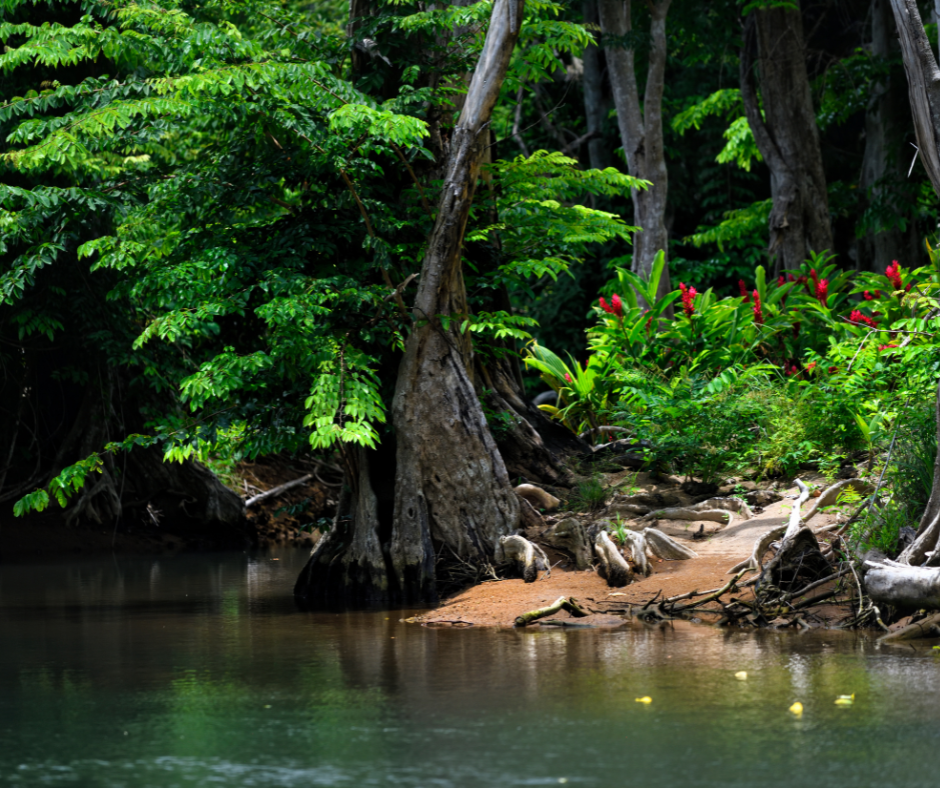
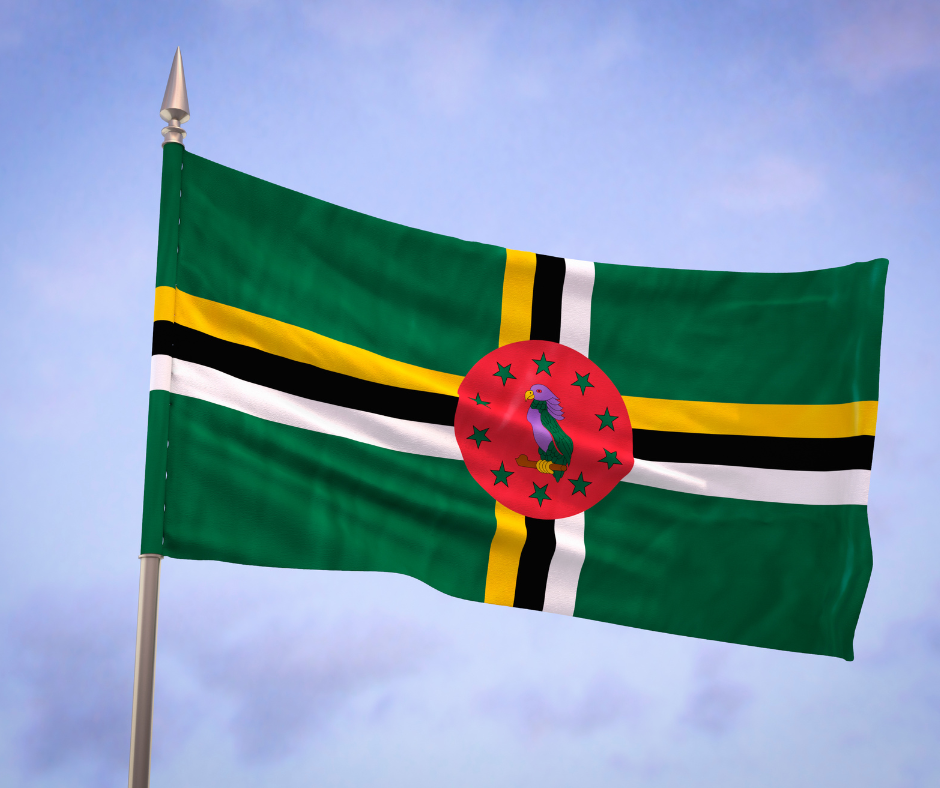

.png)
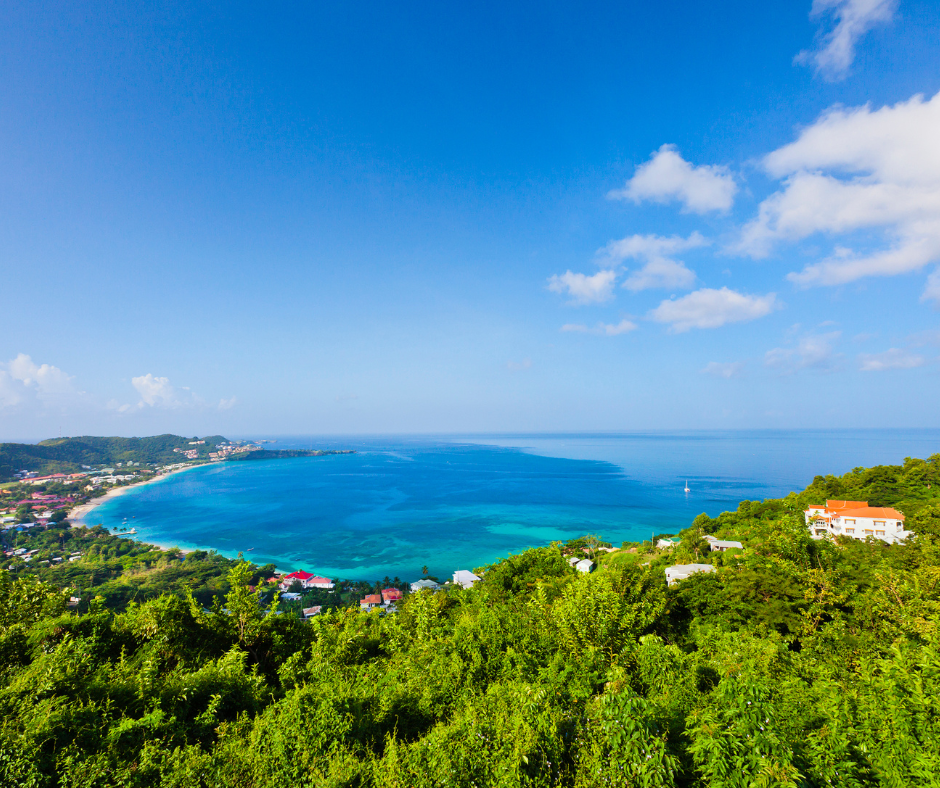
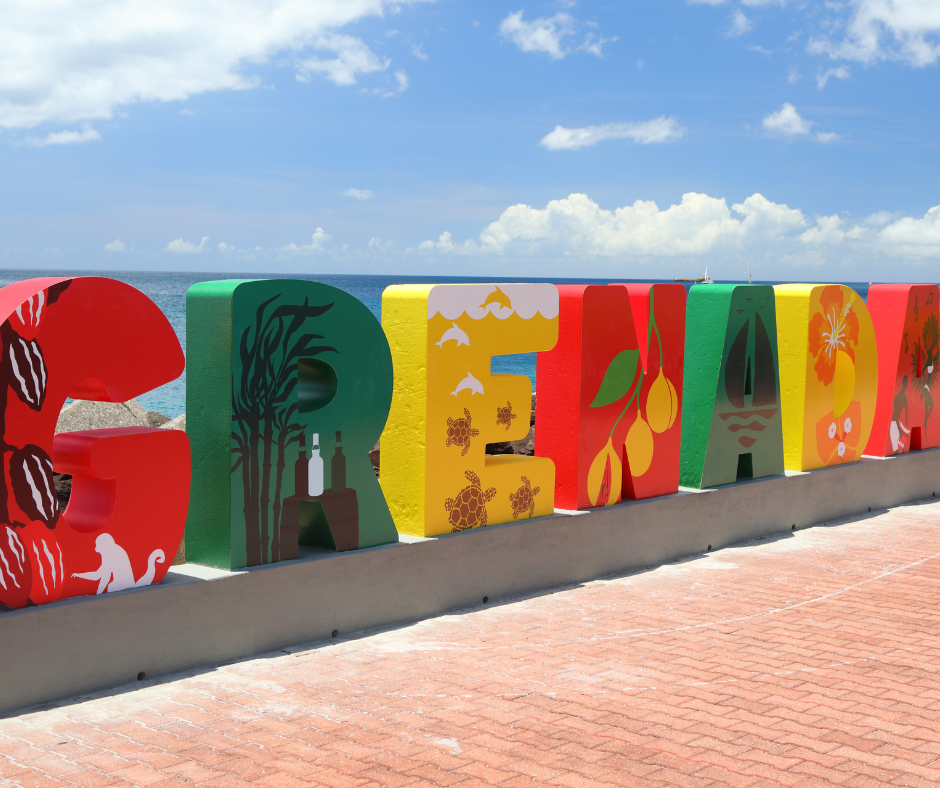
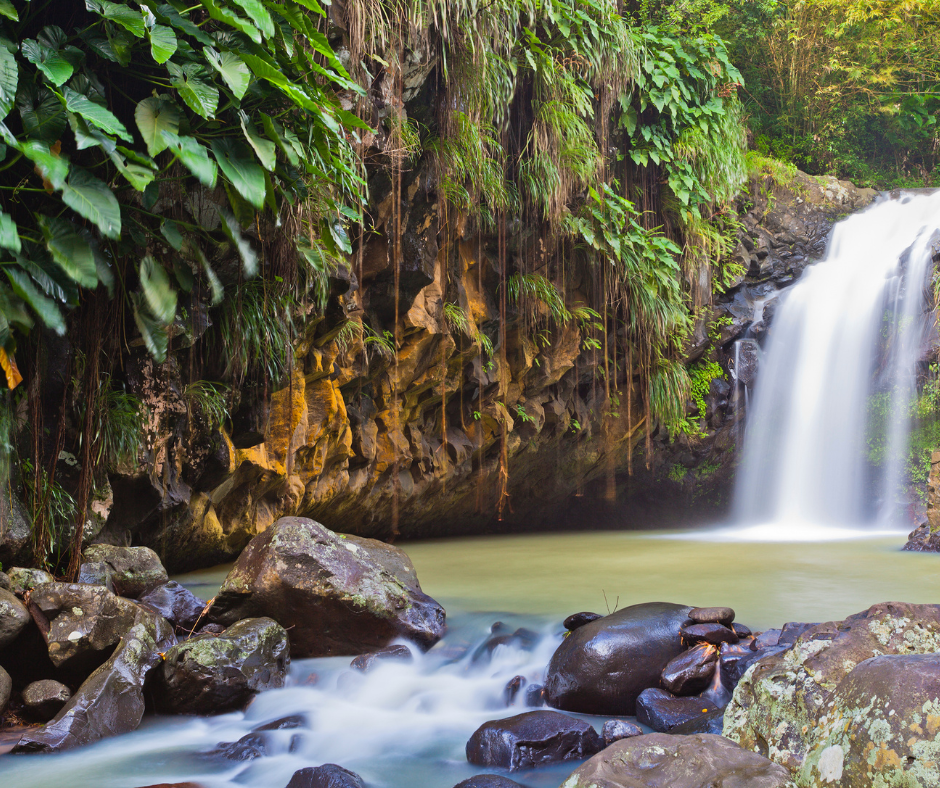
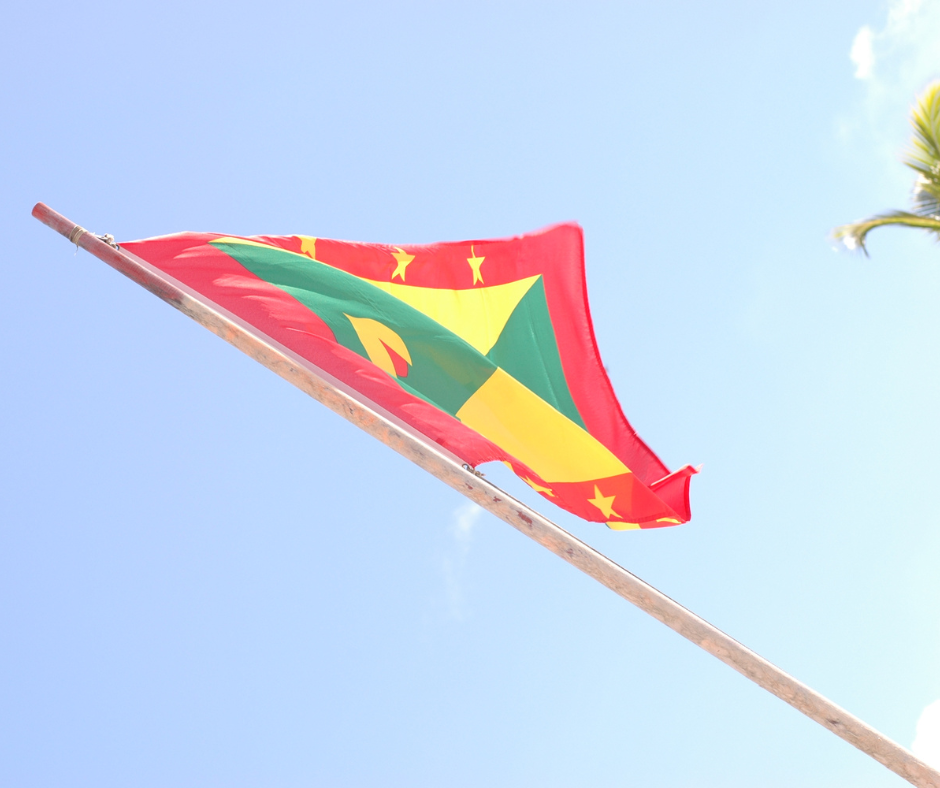
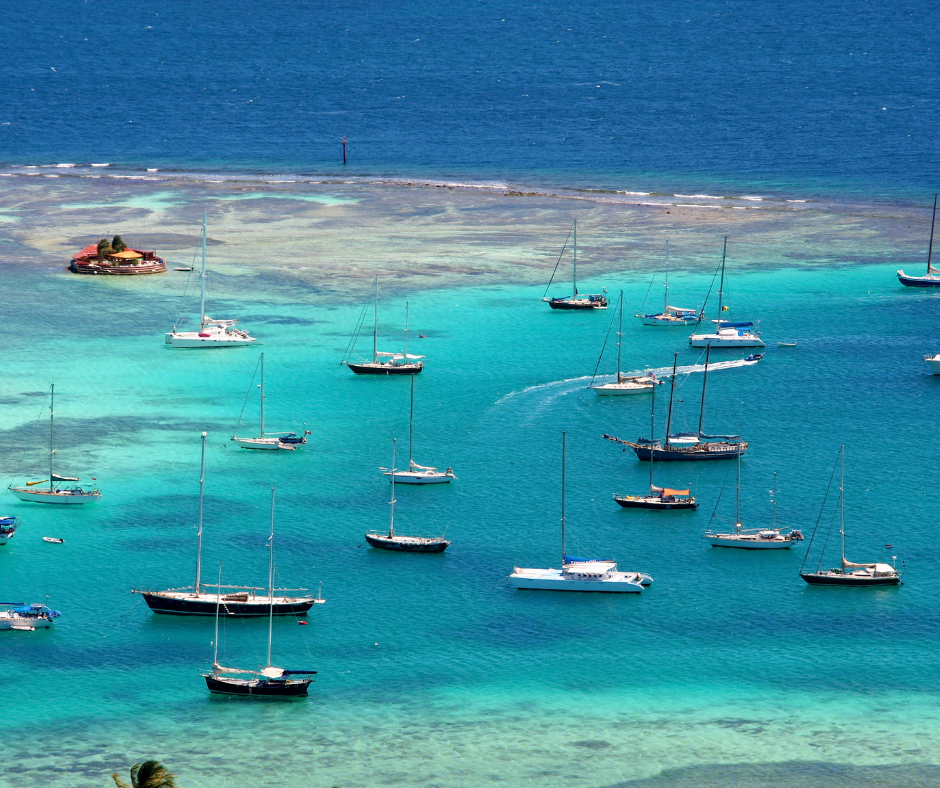
.png)
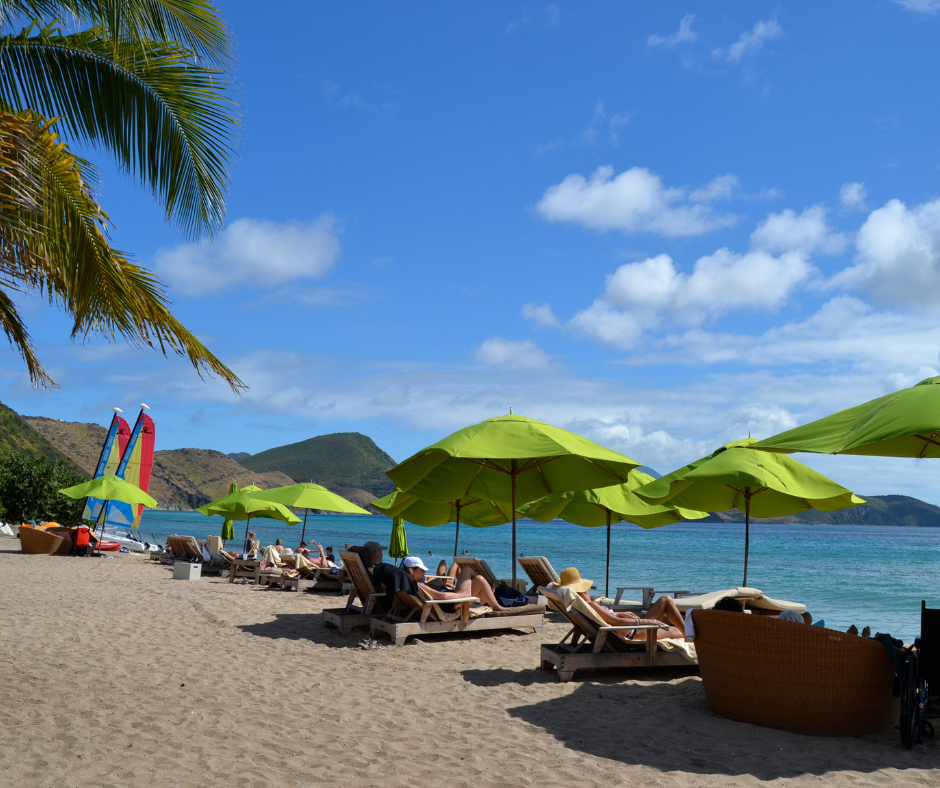
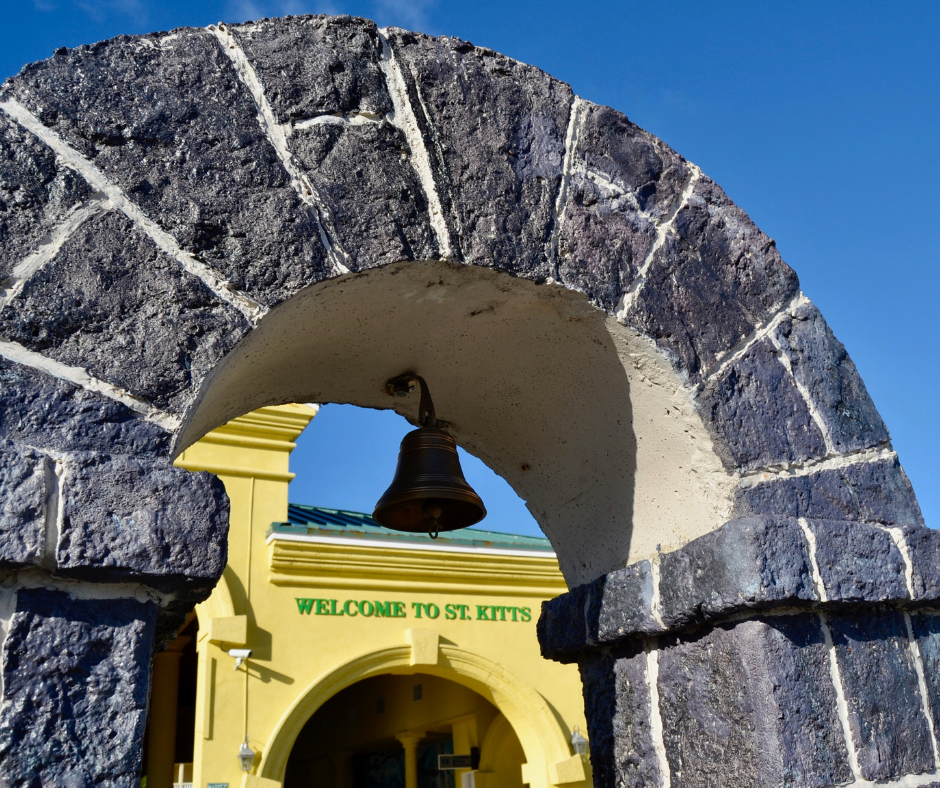
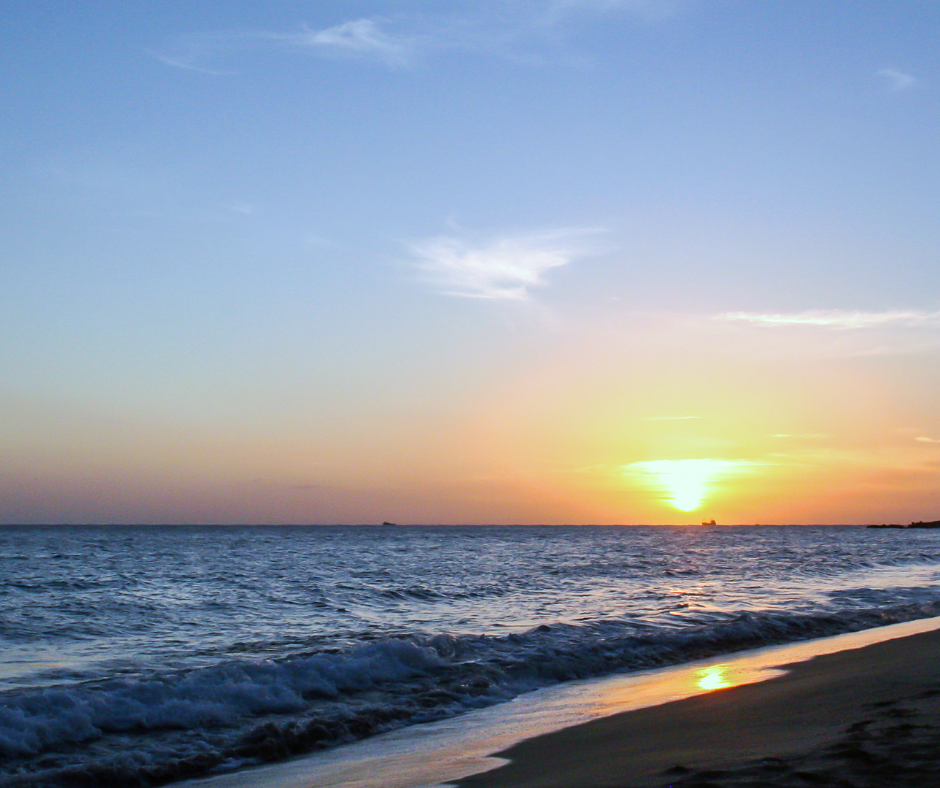
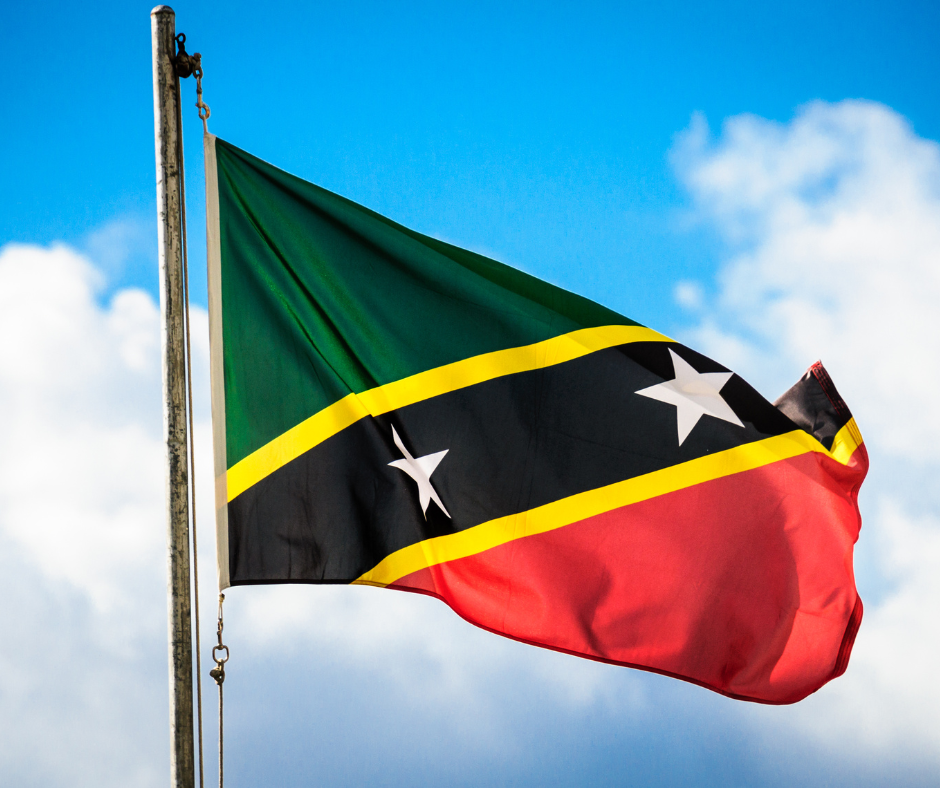
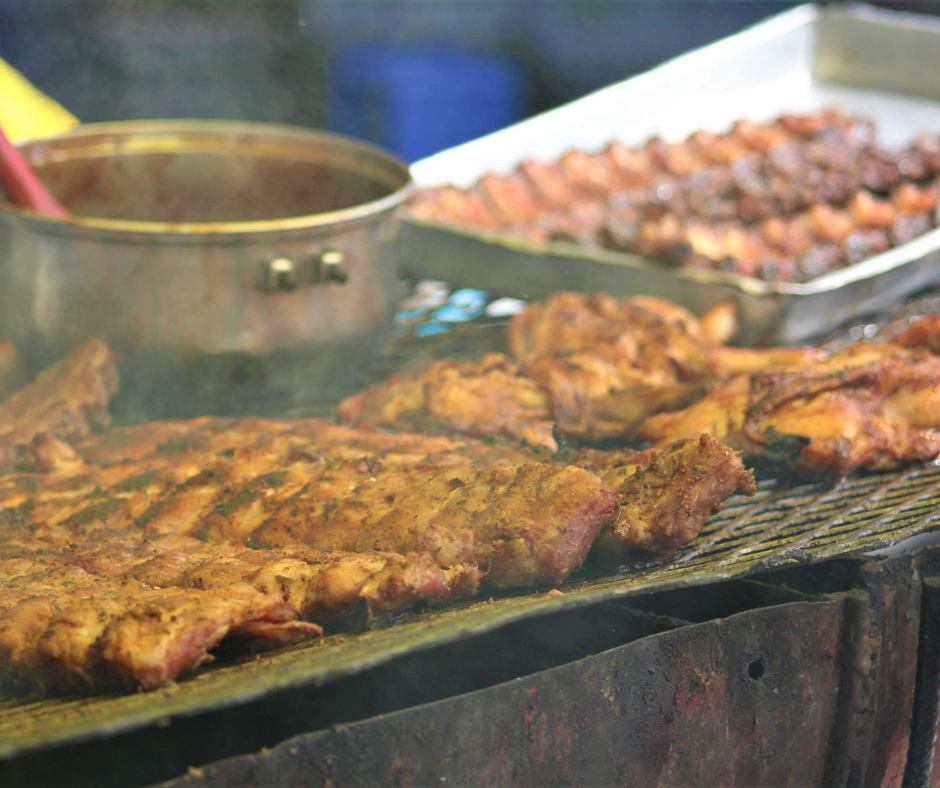
.png)
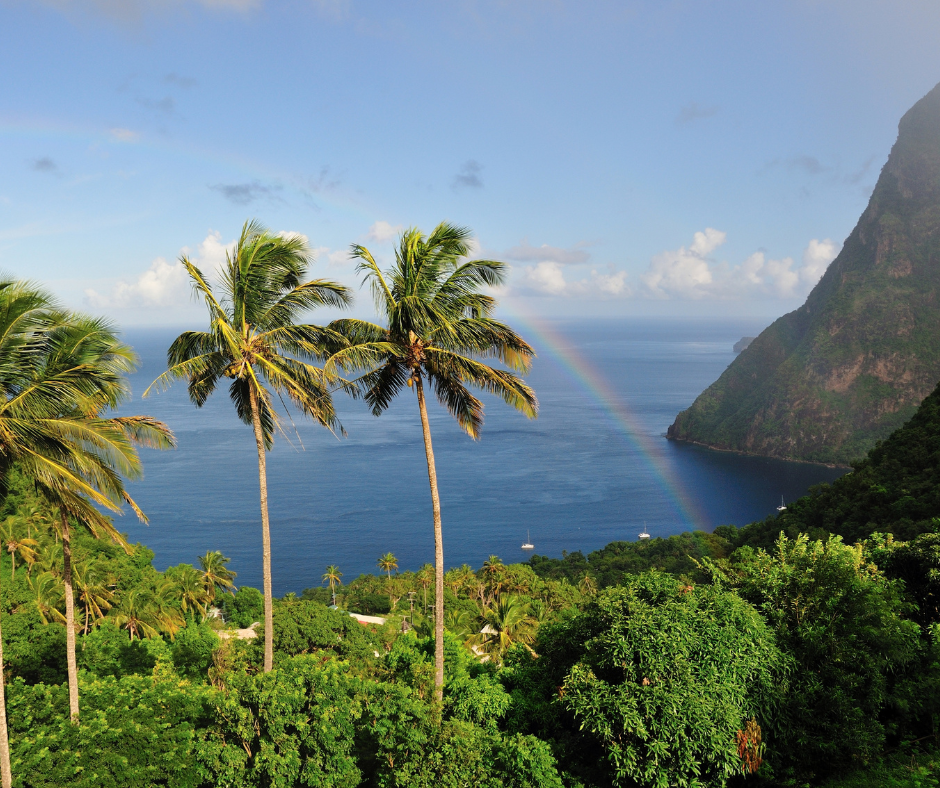
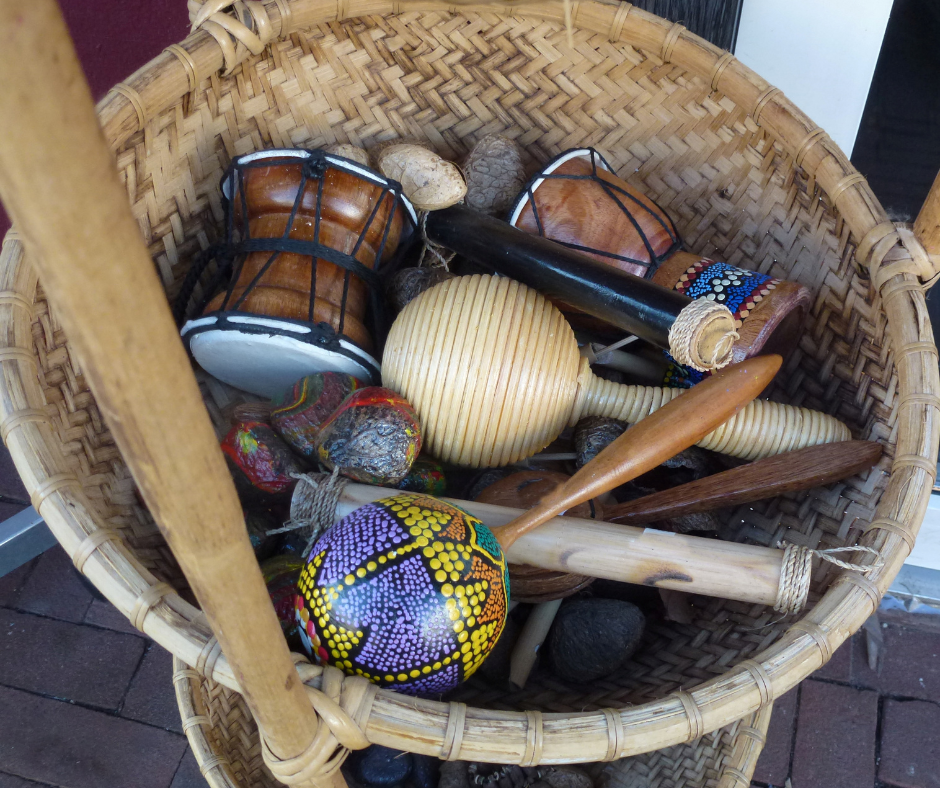
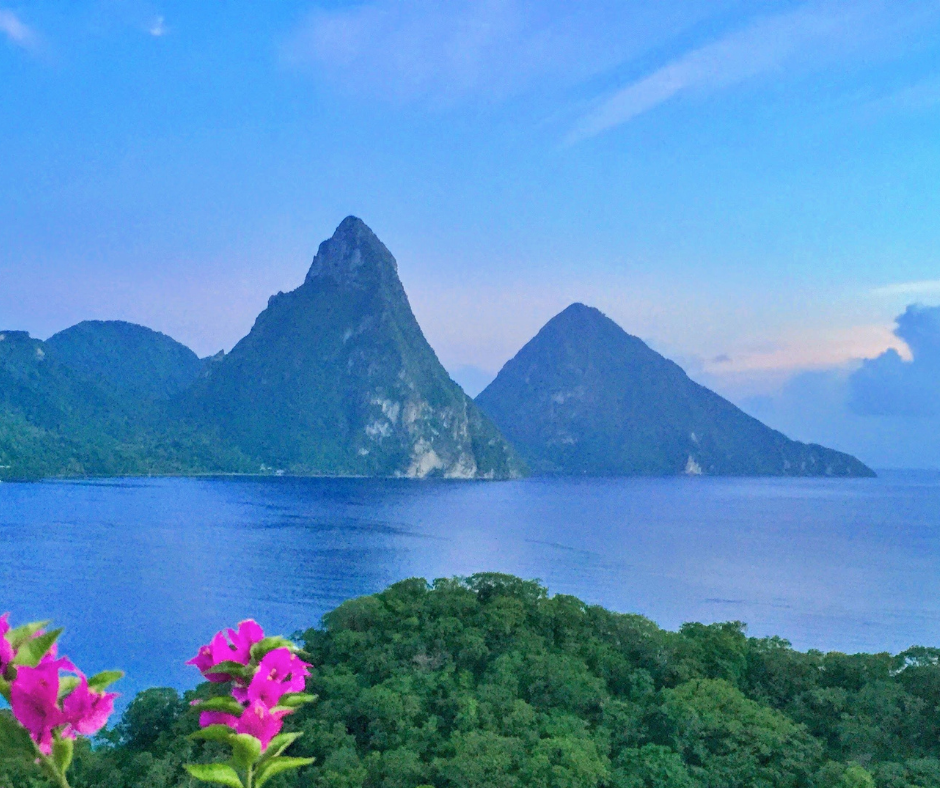
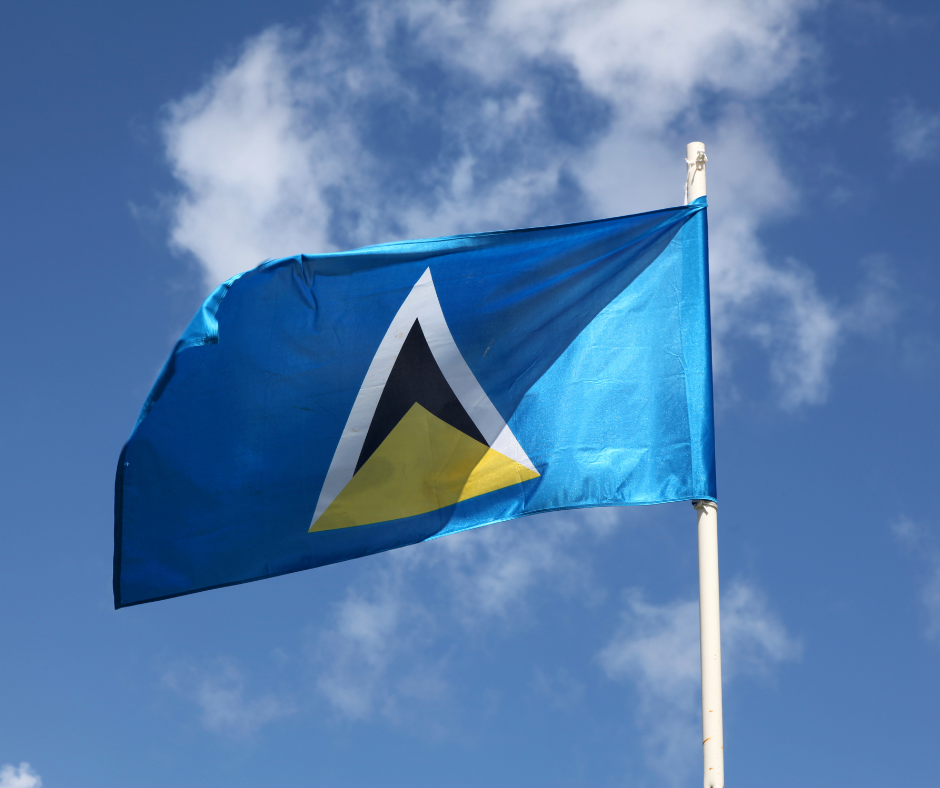
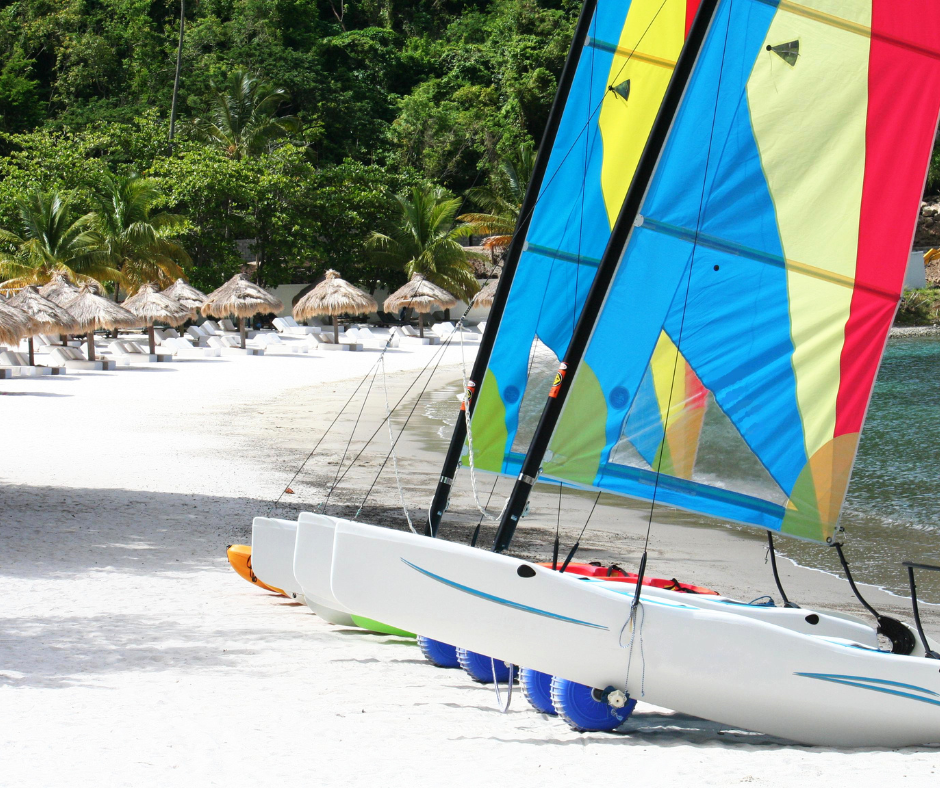
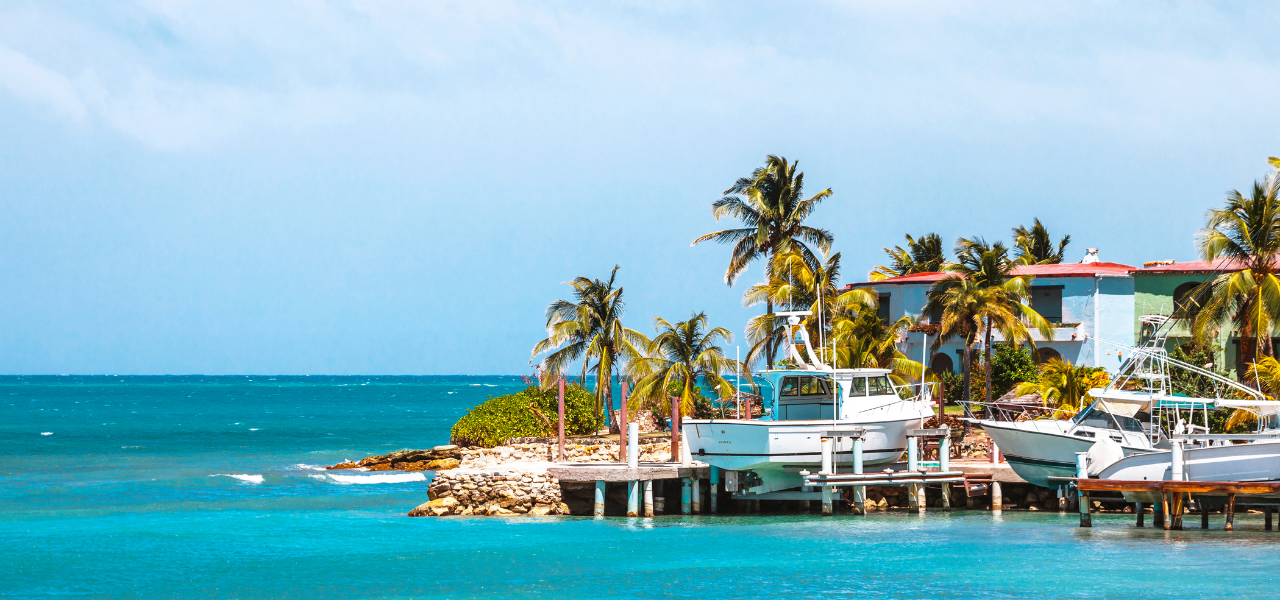
.png)

.png)